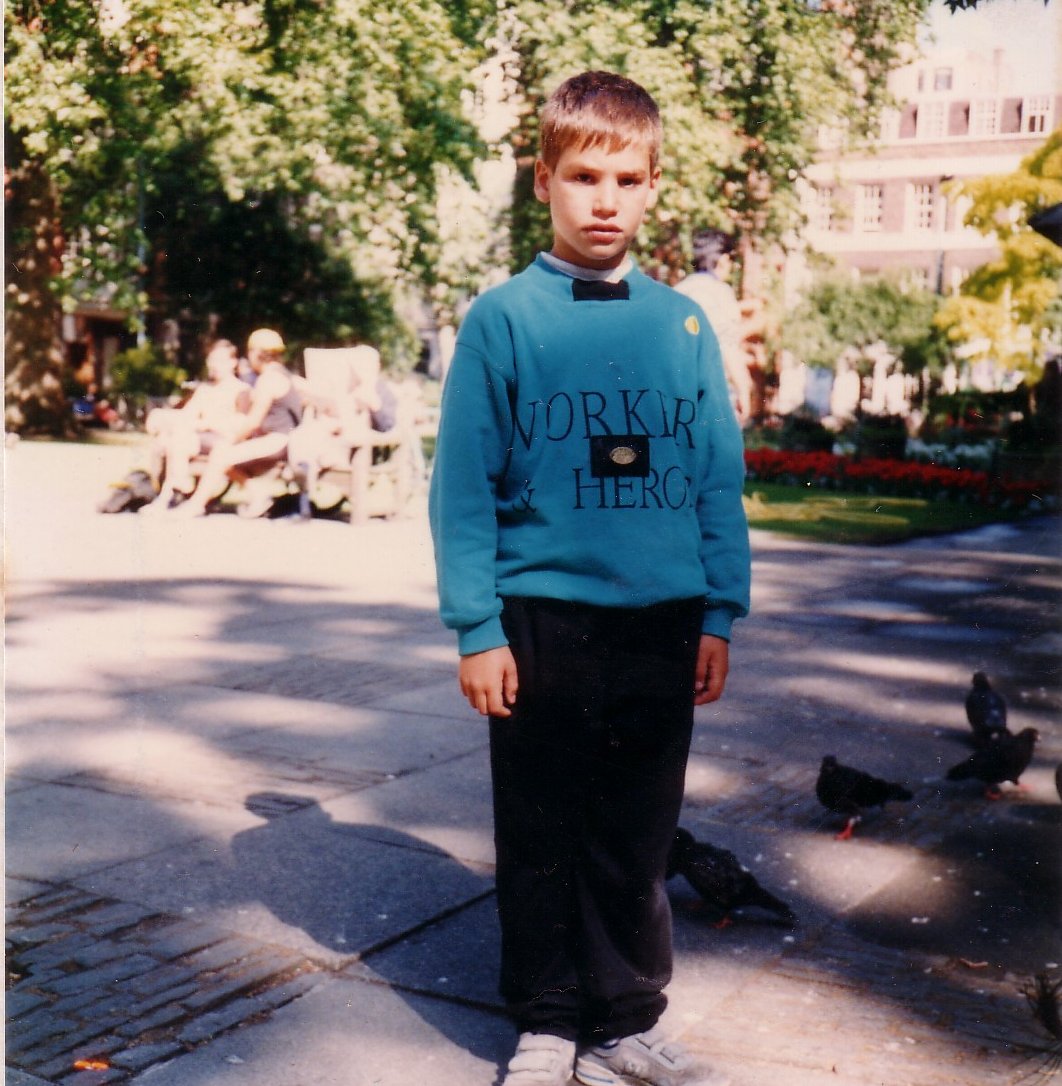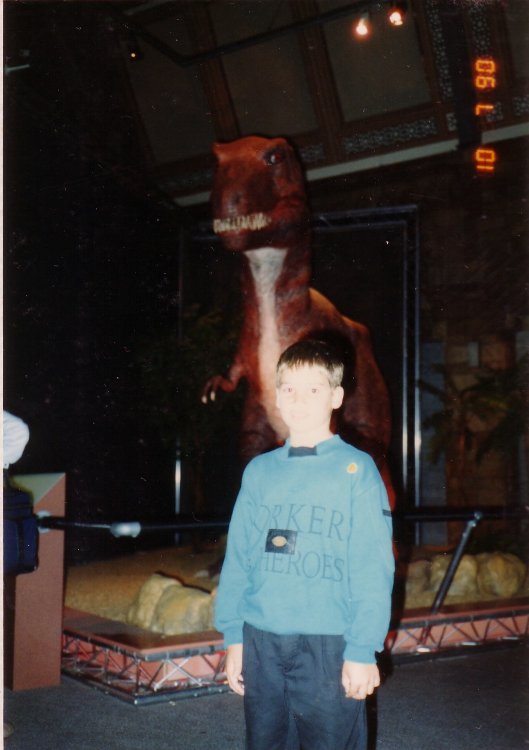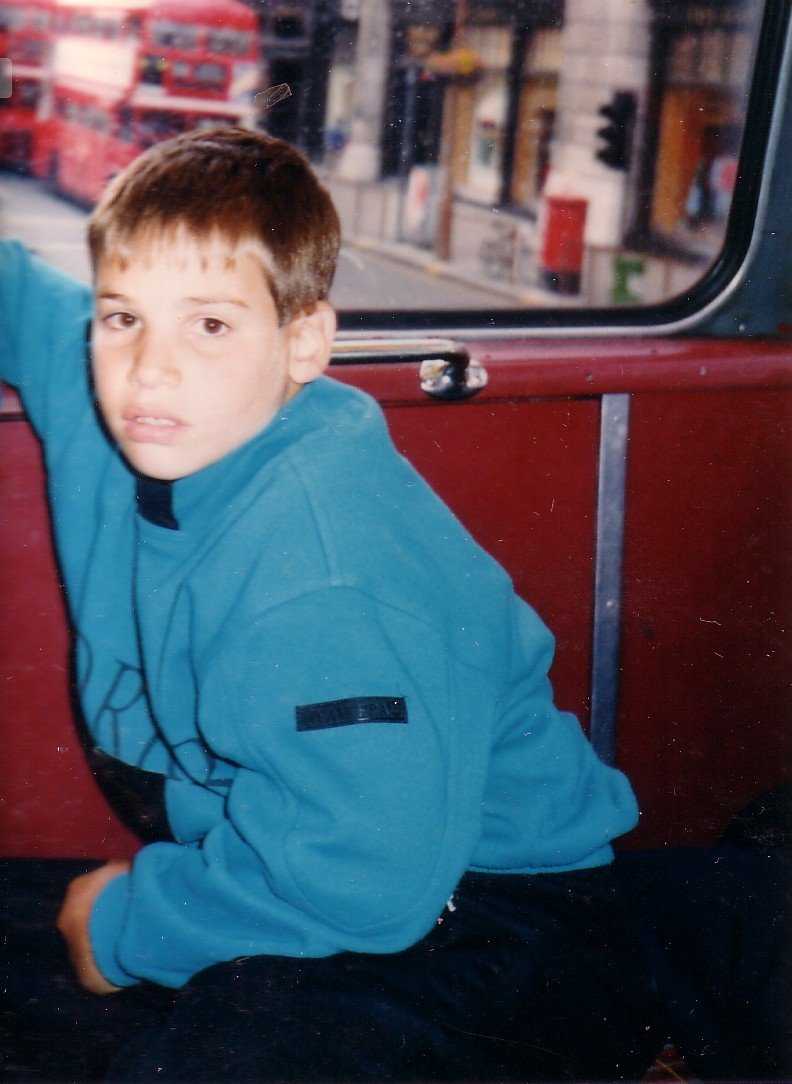 UST to be clear, what’s described herein isn’t chronic. I believe this to be so widespread that every person is affected to some extent.
UST to be clear, what’s described herein isn’t chronic. I believe this to be so widespread that every person is affected to some extent.
Tonight I decided to write about something that has been on my mind for years. It is something I’m sure some people can relate to.
One does not need to be a senile to forget some things. We all have limited capacity; there are limits in one’s memory and brains generally degrade in what they store and how much they can store. We can only try to train them to store more, and for longer.
Sometimes I forget something I was planning to check or do; all I know or can remember was the estimated importance or duration. Sometimes it comes back later, owing to some mnemonic or triggering vision/event. Sometimes it doesn’t come back at all. Sometimes I’m not even sure. It’s hard to verify anything about something you do not remember or did not remember moments ago.
From personal experience (live and learn!) I’ve learned this can happen either due to overload (trying to remember too many things at the same time and failing to take note of them… or literally write down notes). The other situation is an interruption or interference. Sometimes you know you already have too many tasks or ideas, so anything additional would almost guarantee the loss of one’s train of thought (or mental list; I set the limit at 3 or 4… anything beyond that is a stretch).
There are mitigations though; the simplest one is not caring. There’s no point spending hours passively or actively trying to recall something that’s either not important or a lost cause (cannot be recalled). Sometimes it’s a case of “it’ll come back later”. Another mitigation is more note-taking or making people aware that under some certain circumstances interruptions are not acceptable. Reducing any sort of multitasking can help too; try to serialise — to the extent feasible — almost everything in order to avoid overload. The mind isn’t meant to multitask anyway; it’s more like a round-robin instrument.
In the past this happened to me a lot more. Each time it happened I tried to learn from the mistake and prevent recurrence. Oftentimes attempts to recollect what was forgotten (‘recovery’ of a task) can drag on for hours. Imposing a break (like sleep or going somewhere else) can break the mental longing to recall. Sometimes it also help to mentally — as in mental note — rank importance of things. If something not important gets forgotten, at least you can convince yourself it’s not a big deal. And speaking of big deals, how big a task is (or how long it should take) can help classify it. If later on it comes back or springs back to mind it’s easier to reaffirm, “yes, that was it!”
At the end of the day we all have thoughts all the time. Sometimes we can write things down, type things down, and sometimes we cannot (sleeping, eating, showering), so limiting the persistence of thoughts is essential.
Unless you were going to phone an ambulance or turn off a boiling hob/oven, whatever it is you were planning to do (but forgot) is likely not critical — nowhere as critical as the time you might burn trying to recall it.
Mind mapping or memory management aren’t a new sort of challenge; there are various tools for that and compromises are made. With or without physical instruments, it’s possible to overcome to desire or longing to remember everything. In the process of backtracking you might even recall things you didn’t know you forgot (or things that needed to be remembered).
I’d love to know if other people have had similar experiences; I suppose more or less everyone has encountered this a lot, but the way people handle that may vary.
 recently wrote that I had been looking at many old photos, trying to basically recall much older days because of my sister’s wedding (4 days ago).
recently wrote that I had been looking at many old photos, trying to basically recall much older days because of my sister’s wedding (4 days ago). One experience that I still remember was in 2005 (Zermatt). It cemented my decision to do Free software activism for a lifetime… if possible. I wasn’t rich, but I came to realise that all the superficial nonsense rich people dwell in does not bring true happiness. It’s more about show-off and class consciousness. Thus, the concept of “hoarding” money or “showing” money was rather pointless. I’d never be interested in it.
One experience that I still remember was in 2005 (Zermatt). It cemented my decision to do Free software activism for a lifetime… if possible. I wasn’t rich, but I came to realise that all the superficial nonsense rich people dwell in does not bring true happiness. It’s more about show-off and class consciousness. Thus, the concept of “hoarding” money or “showing” money was rather pointless. I’d never be interested in it.





 Filed under:
Filed under: 
 UST to be clear, what’s described herein isn’t chronic. I believe this to be so widespread that every person is affected to some extent.
UST to be clear, what’s described herein isn’t chronic. I believe this to be so widespread that every person is affected to some extent.






